
-
SECORES workshop in Rwanda, February-March 2024
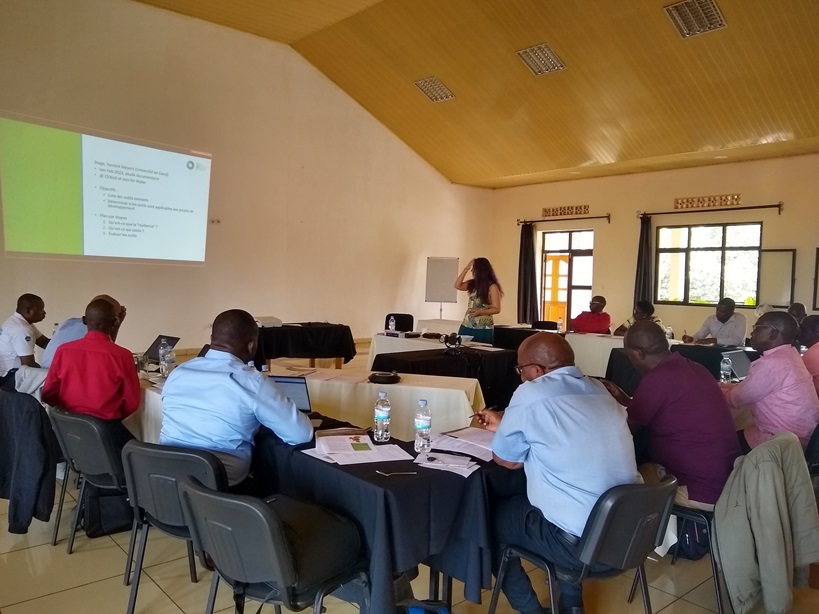
A two-day workshop was organized in Kigali on demand of the JSF Rwanda with presentations and exchanges on the concepts, application and how to assess social-ecological resilience; and on its link to biodiversity, One Health and agroecology.
-
SECORES workshop on resilience in Mali, February 2024
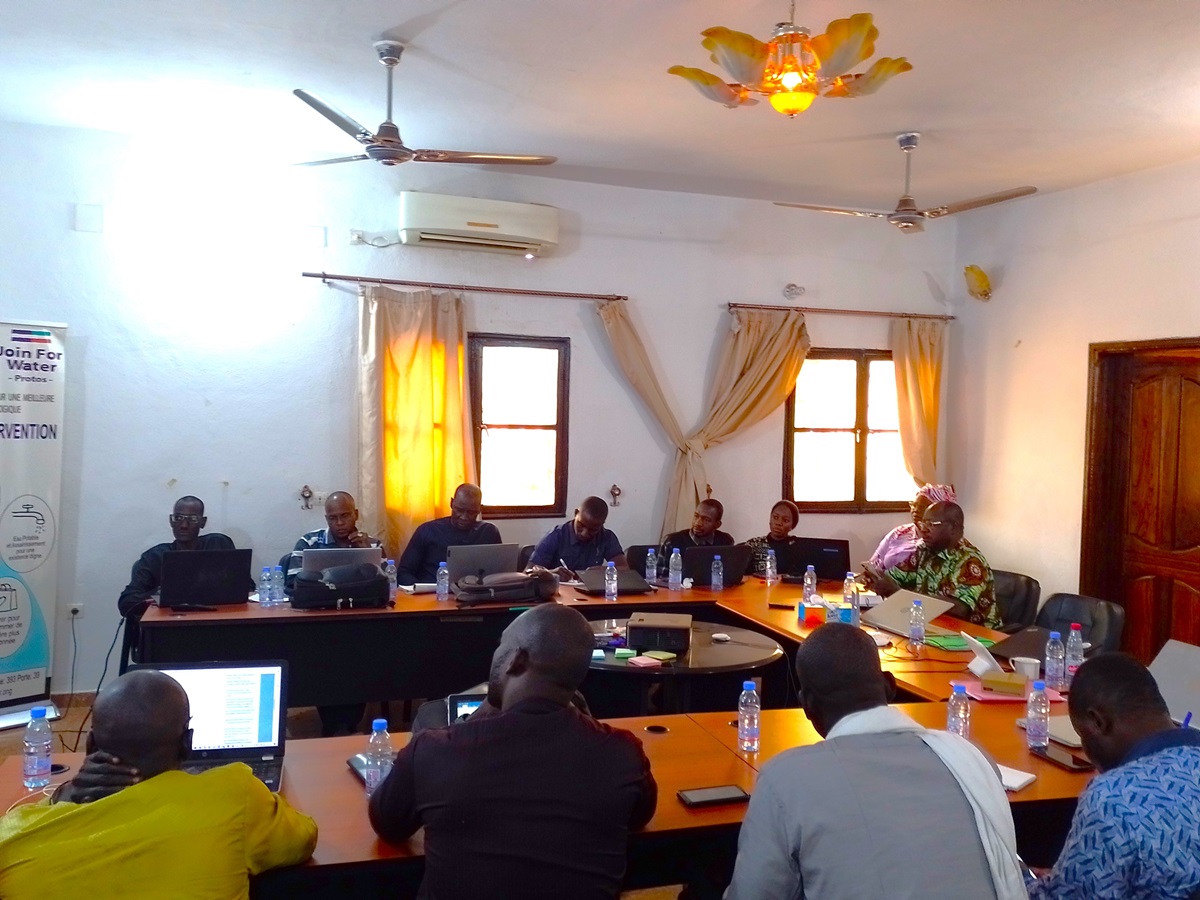
The workshop was held in Bamako with 26 participants from Malian and Belgian organizations. After an introduction on resilience, experiences and challenges of resilience in Mali were discussed as well as possible joint future actions.
-
SECORES seminar on assessing resilience, Brussels, December 2023
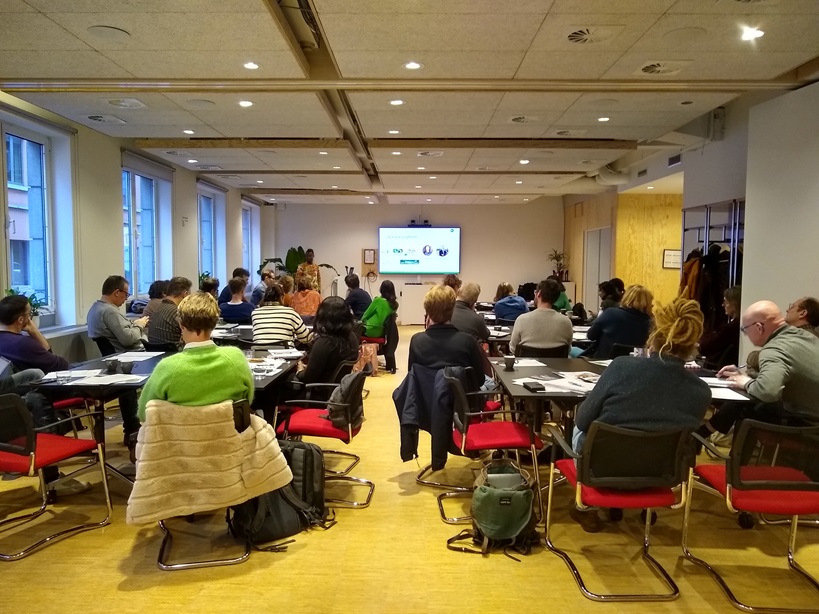
This second SECORES seminar in Brussels focused on how we can understand and assess social-ecological resilience in the field. A selection of tools were analysed in a desk study and experiences in Burundi, Benin, Uganda and the Andes were presented.
-
SECORES workshop on resilience in Cambodia, December 2023
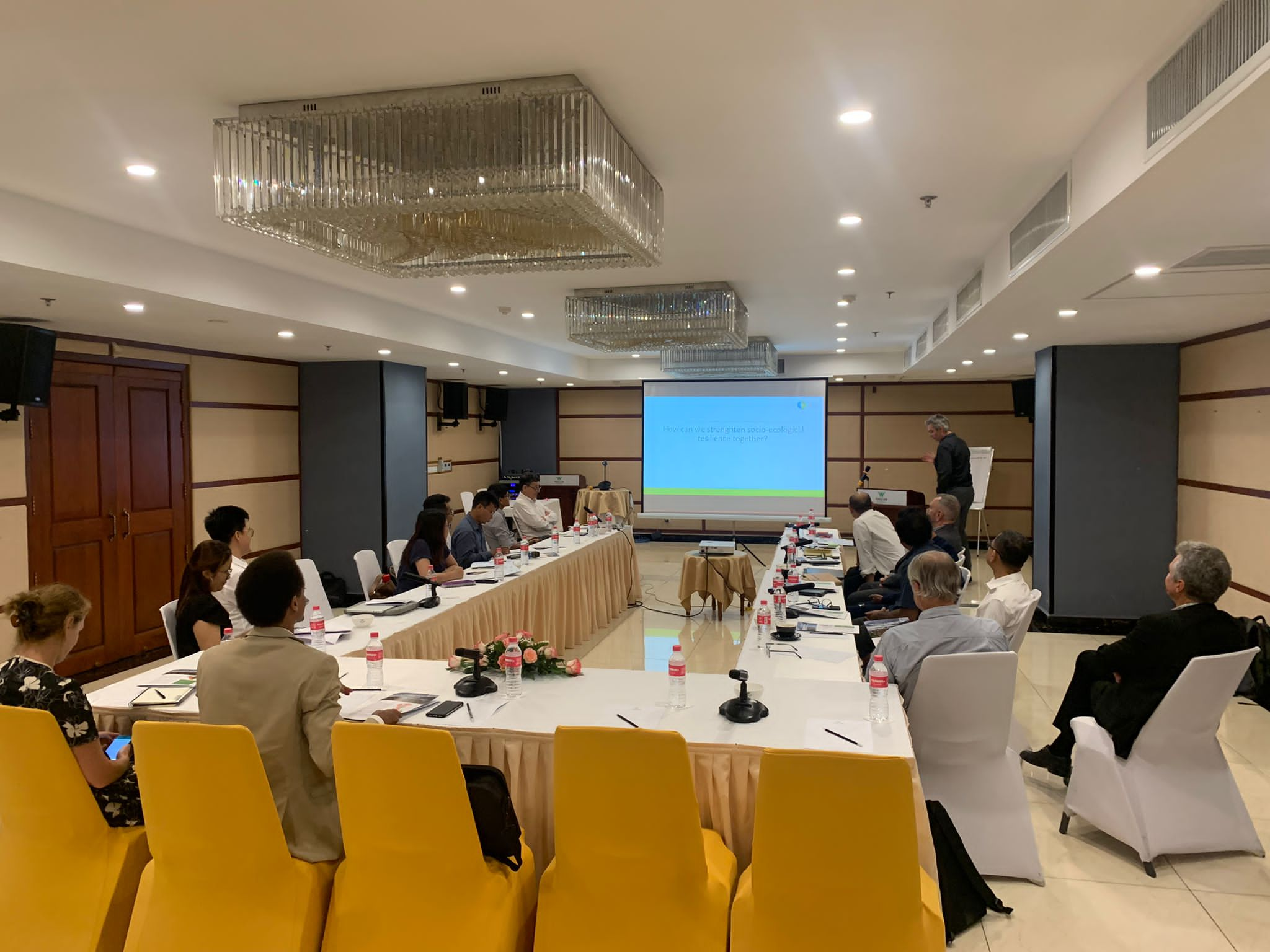
The workshop was held in Phnom Penh with 20 participants from Cambodian and Belgian organizations. After an introduction on resilience, experiences and challenges of resilience in Cambodia were discussed as well as possible joint future actions.
-
SECORES workshop on resilience in Benin, October 2023
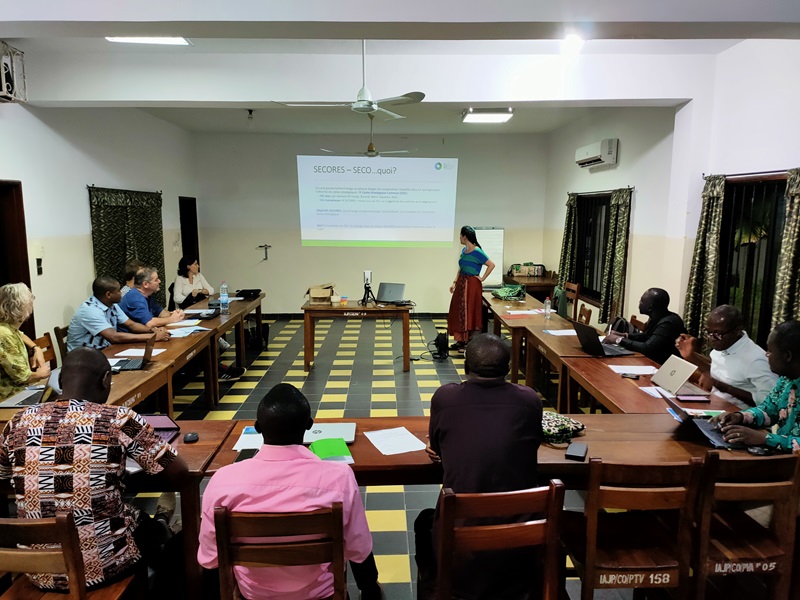
After an introduction on the concepts of resilience, some methods to measure resilience were discussed. In two groups, the questions of ‘resilience of what’, ‘resilience to what’ and ‘resilience through what’ were explored in concrete systems.
-
Seminar “Mangroves and human societies” in Paris, 16 October 2023
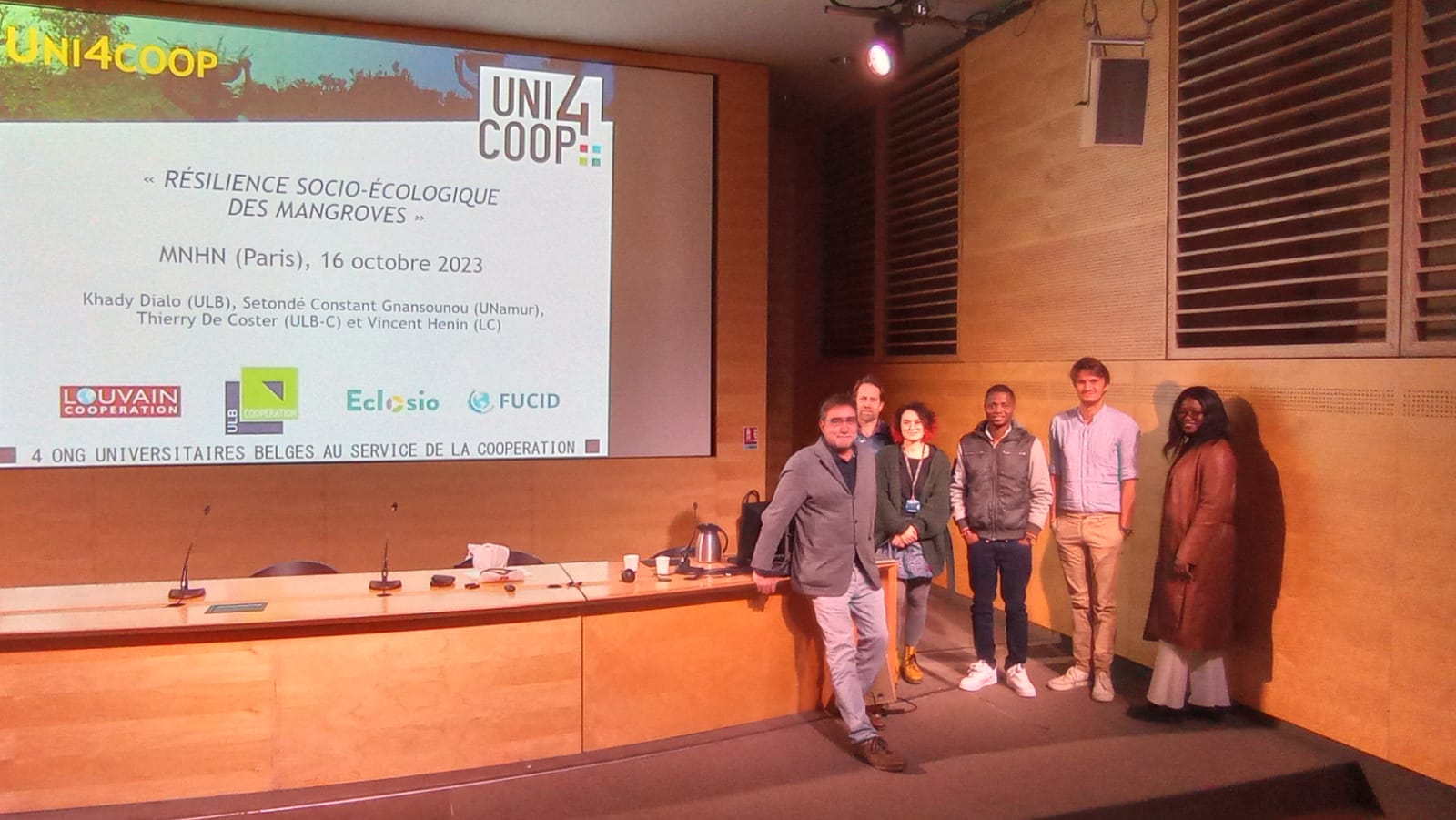
On 16 October 2023 a Uni4Coop team participated in the seminar “Mangroves and human societies” in Paris? organized by the Muséum National d’Histoire Naturelle. Uni4Coop presented ongoing research in the framework of social-ecological resilience.
-
SECORES: the added value of the Social-Ecological Resilience Approach
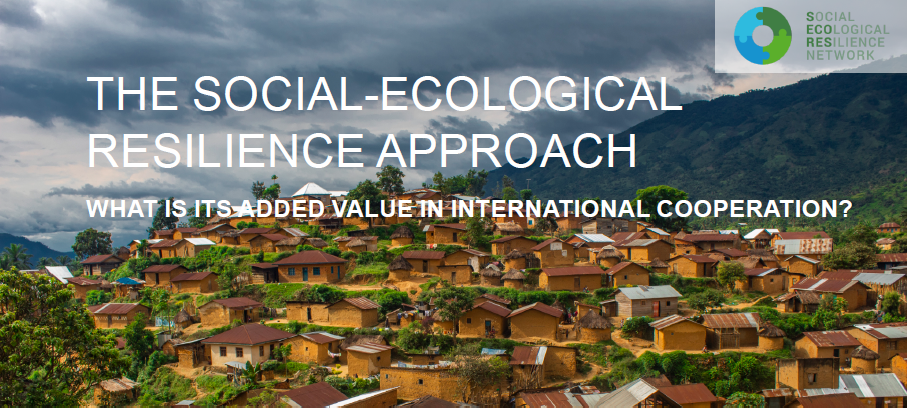
This 4-pager discusses the link between Social-Ecological Resilience (SER) and the sustainable development paradigm and describes what the added value of the SER-approach is in international cooperation.
-
Webinar 12 July 2023 on ongoing and upcoming actions
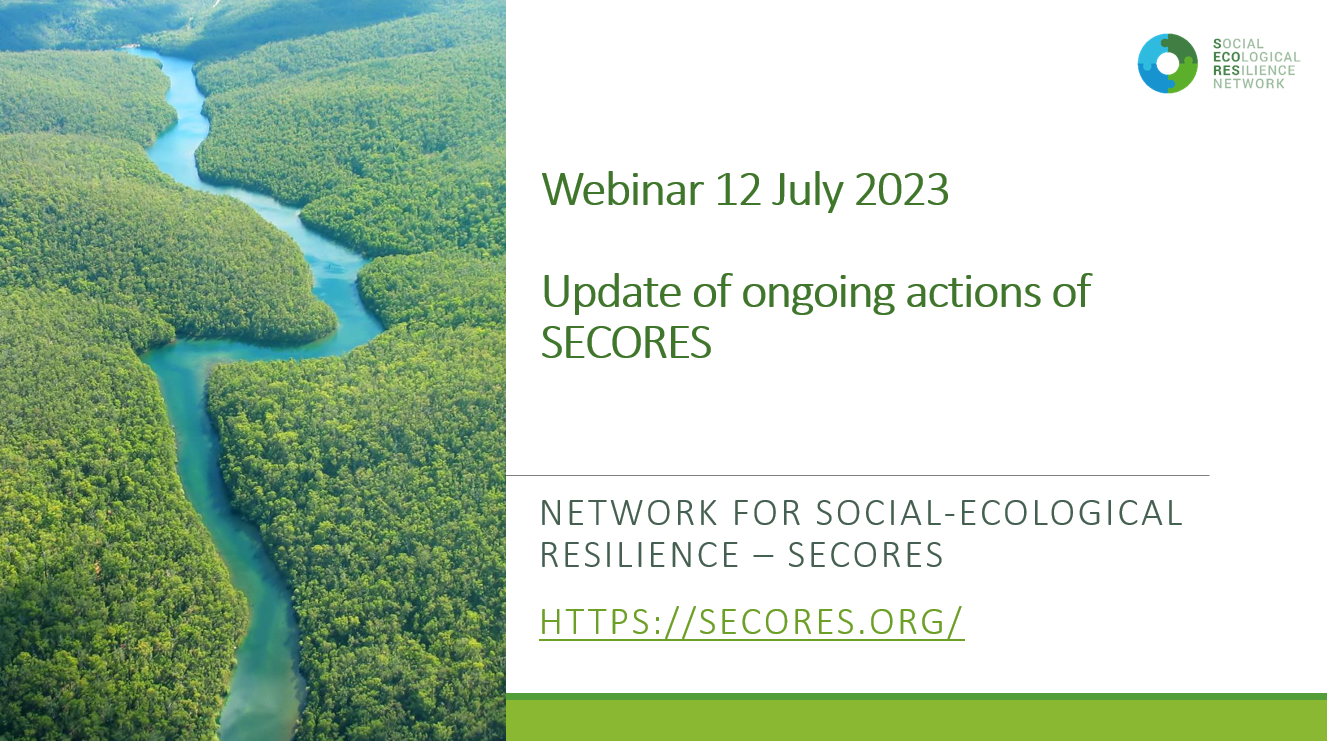
This one hour seminar gave an overview of ongoing and upcoming actions, including information on (a) clarification of the added value of the resilience approach; (b) research on methodologies to apprehend resilience; and (c) results of country workshops.
-
Is climate change adaptation all about water?
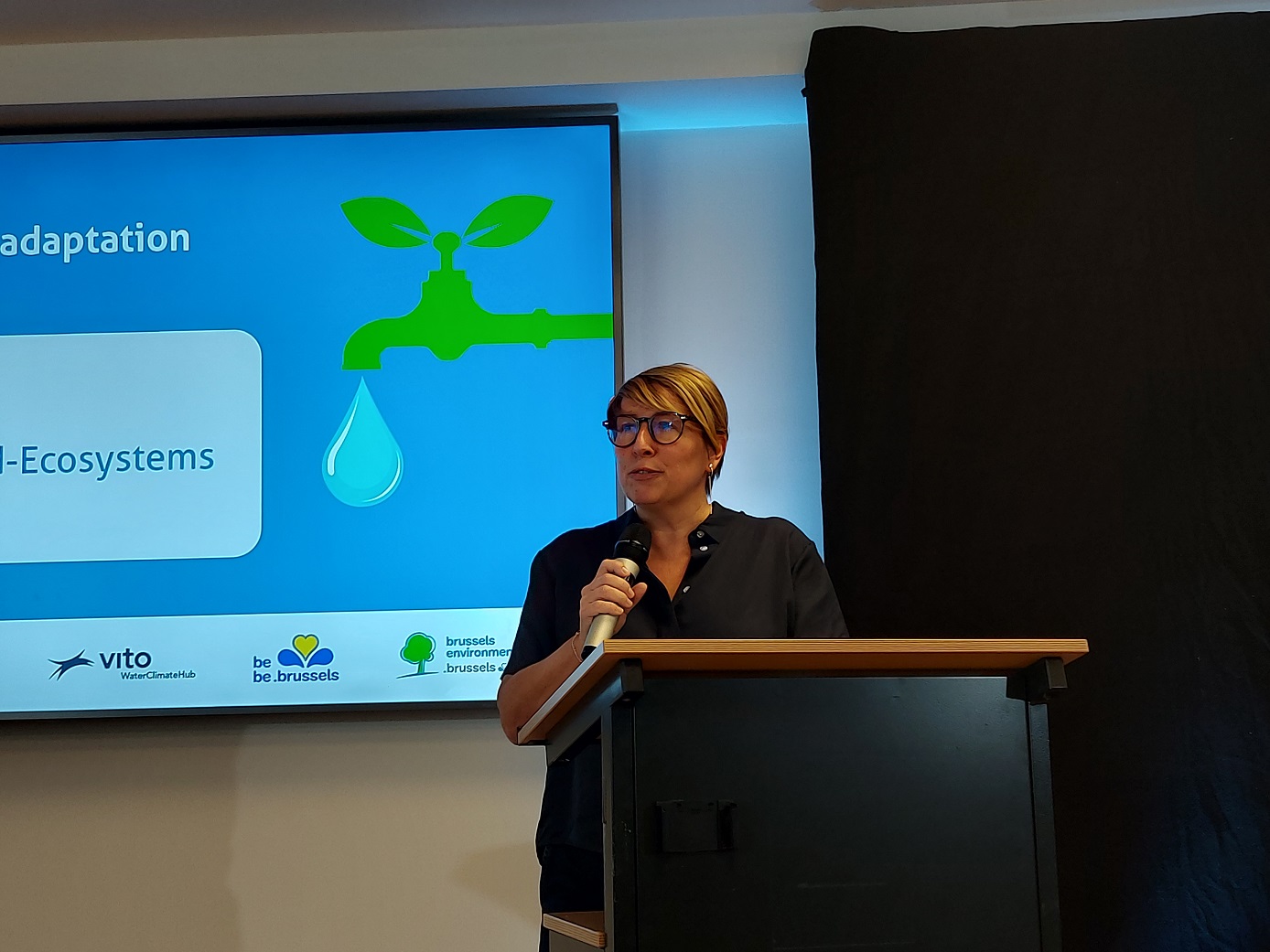
On 25-26/4/2023 SECORES participated in the conference “Is climate change adaptation all about water?” organized by ENABEL. SECORES explained the holistic approach of social-ecological resilience and the link with water and climate.
-
2nd International Conference on Biodiversity in the Congo Basin
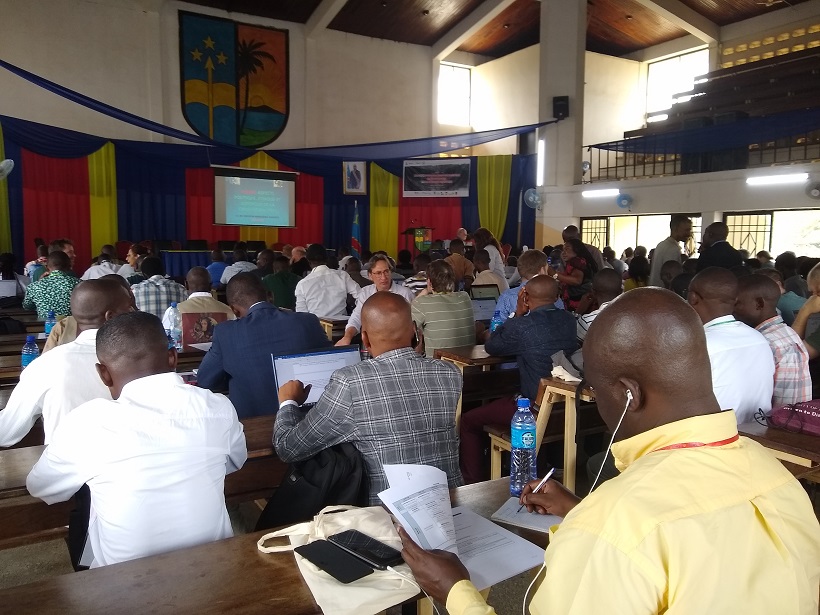
This International Conference on Biodiversity from 6 till 11 March 2023 addressed current and future challenges. SECORES framed biodiversity into the holistic approach of social-ecological resilience in an interactive half-day workshop.
-
SECORES workshop on resilience in DR Congo, March 2023
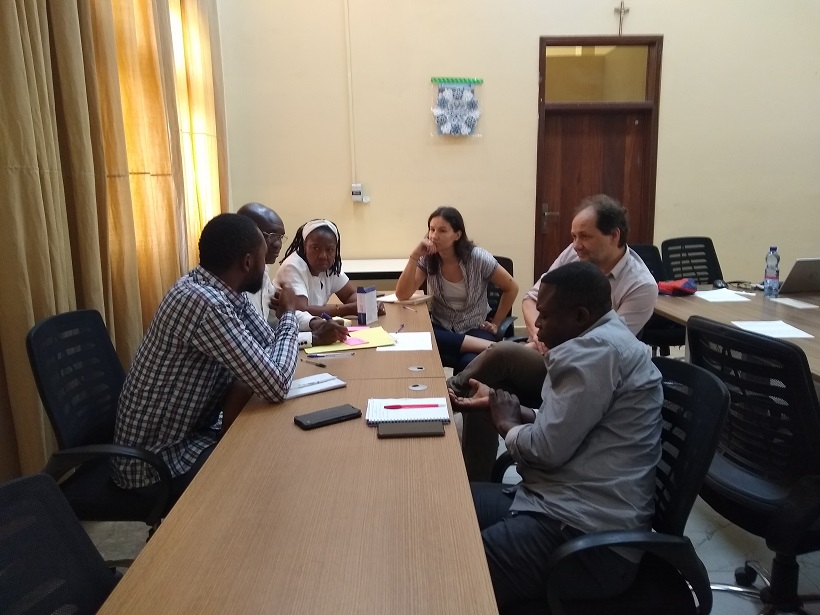
Supported by the JSF of DRC, SECORES organized a participatory workshop on 3 March 2023 involving Congolese and Belgian actors discussing the concept of social-ecological resilience, good practices and challenges and some possible ways forward.
-
SECORES seminar on resilience in Brussels, December 2022
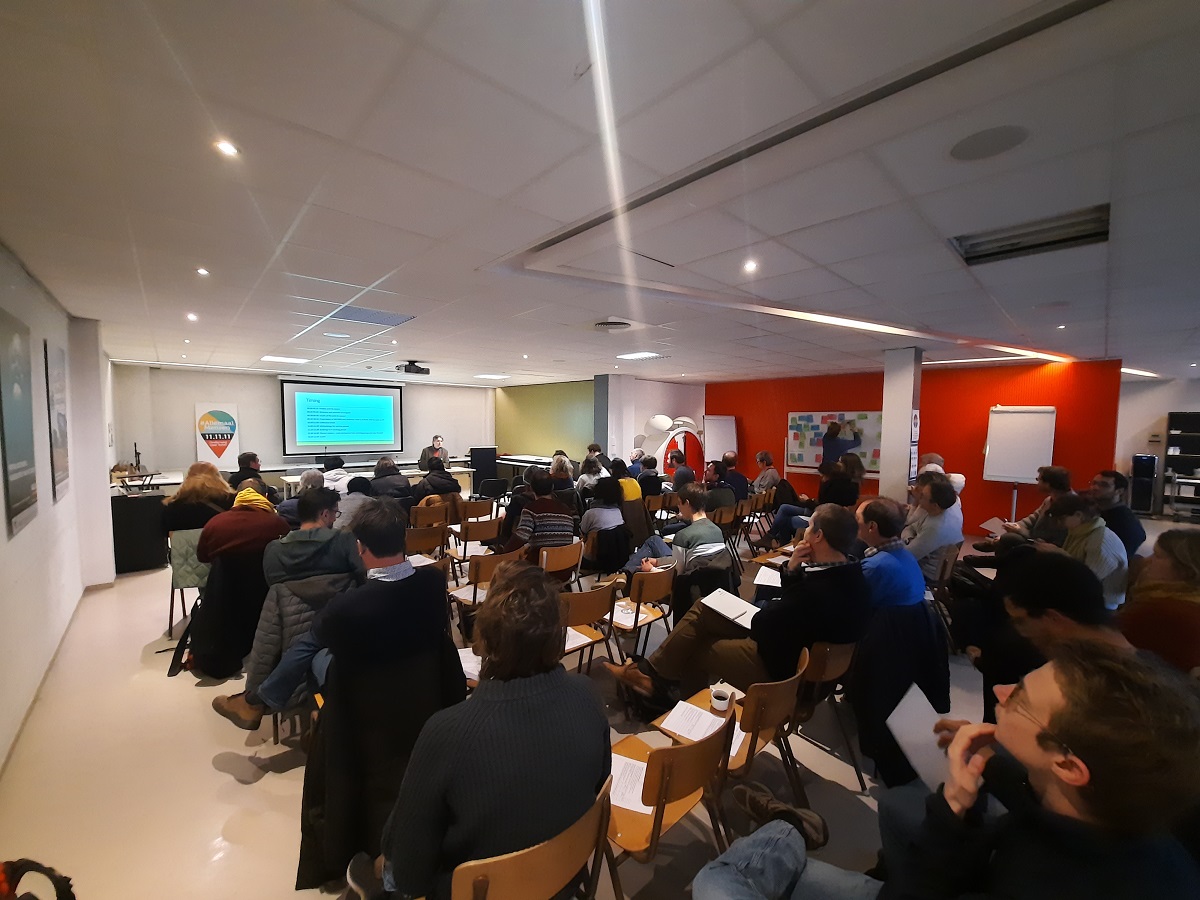
The seminar aimed at establishing a shared understanding of ‘social-ecological resilience’ and its importance to all actors. After a plenary session, participants presented the challenges, inspiring ideas and good practices in 4 working groups.
